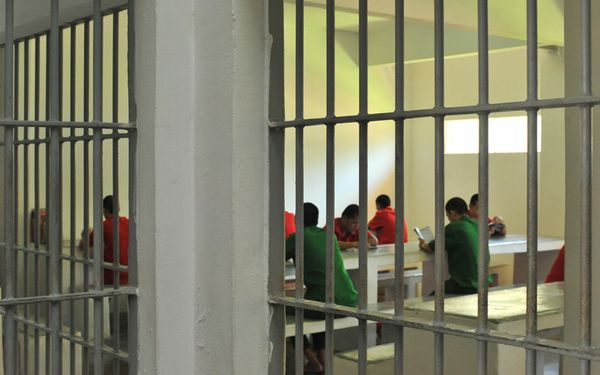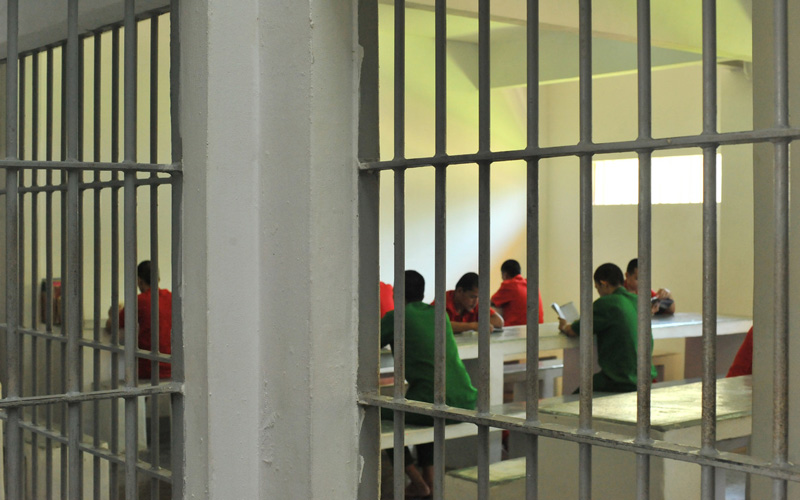KUALA LUMPUR, Nov 6 — The proposal to establish a Home Detention Act to provide for an alternative punishment will help reduce prison overcrowding, lower the current high incarceration rate and save costs for the government, said the Prisons Department.
It expressed full support for the proposal to establish alternative punishments, as announced by Prime Minister Datuk Seri Anwar Ibrahim during the Budget 2025 presentation on October 18.
“Prison facilities have seen an increase in the number of prospects (inmates) beyond their actual capacity of 74,146, with the current total (as of November 5) of 87,419 (exceeding capacity by 11.24 per cent). The number of inmates in prison stands at 82,482 (94.35 per cent), while 4,937 (5.65 per cent) are within the community.
“The current imprisonment rate is 245 per 100,000 population, compared to the global average incarceration rate of 145 per 100,000 population. This high rate is unfavourable for the country’s image in terms of safety and public well-being from a global perspective,” the Prisons Department said in a statement today.
It added that there are 43 prison institutions nationwide, with 19 experiencing more than 20 per cent overcapacity, especially those in major cities.
“Through the legal provisions under sections 43, 46 and 47 of the Prison Act 1995, the government, under the Home Ministry, has the opportunity to introduce alternative punishments through the Community Rehabilitation Programme and utilise the Corporate Smart Internship (CSI) Programme, like the CSI Parole Programme.
“In addition, the CSI Licensed Prisoners Programme, the CSI License-Free Programme, and the Industrial Resident Reintegration Programme are available for eligible inmates for Community Rehabilitation,” the Prisons Department said.
It also noted that the recidivism rate (repeat offences) under the PDK is low, at 0.24 per cent, compared to 17.6 per cent for those who undergo rehabilitation solely in prison facilities.
Accordingly, the establishment of a Home Detention Act is necessary as an alternative punishment, allowing inmates to serve their sentences at home and under regulated schedules.
The Prisons Department said new alternative punishments like the PDK provide inmates with a second chance to prove that they can still contribute to their families, communities and the nation.
— Bernama


